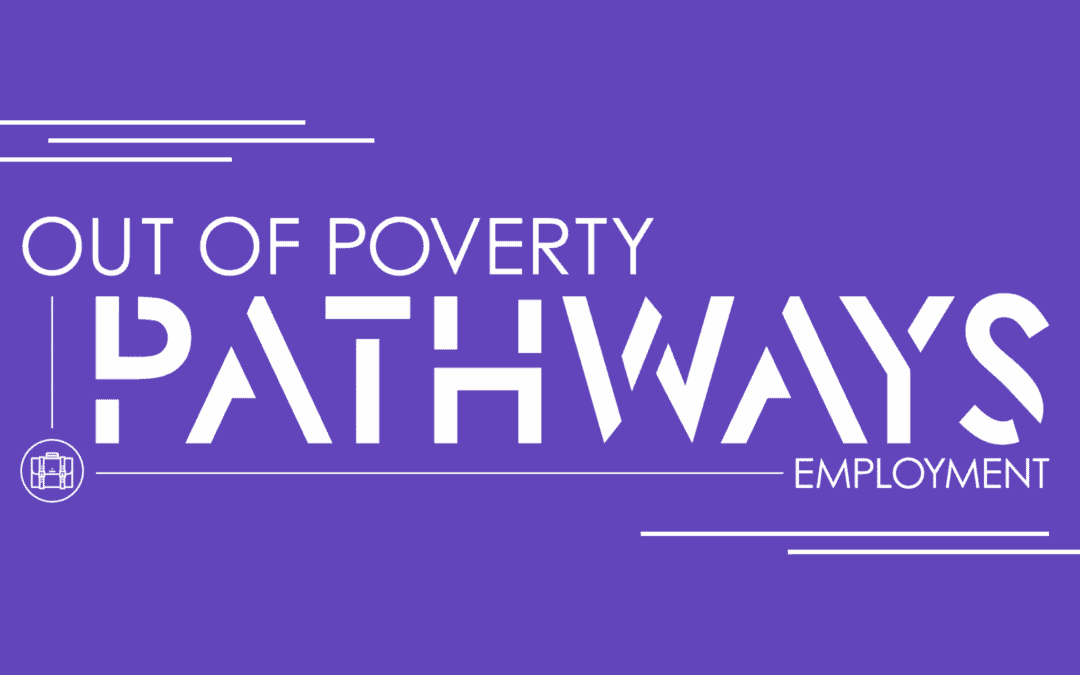The Need for an Employment Pathway
Have you ever been unemployed? Or stuck in a job that was underpaid or not the right fit for you? How did you overcome those challenges? You likely searched for other opportunities, edited your resume, and reached out to people in your network. These steps helped you change course or advance your career.
The clients we serve along the Employment Pathway find themselves in a similar situation, knowing they need a change but unsure where to begin. Clients like Tonita.
How It Works
Finding a job that pays enough to support a household can be a daunting process, especially for families who are also raising children, completing their education or working multiple low-income jobs just to make ends meet – like many of our clients. The goal of the Employment Pathway is to accelerate the job search process by supporting clients through any obstacles they may face. Our employment programs, such as Career & Vocational Services and Refugee Employment Services, equip clients with the tools and skills they need to be a top candidate for jobs. This includes refining clients’ resumes and building interview skills, workplace soft skills, and awareness of their talents and career interests. Employment programs work with each client to identify and pursue their individual goals, setting them up for not only a job but for a career. Once they obtain employment, our clients can build up valuable work experience that leads to an increase in income.
Why It Matters
A strong financial foundation is ultimately linked to earning and maintaining a sufficient, living-wage income. With stable employment and sufficient income, a family can move from surviving to thriving. They are empowered to increase their savings, pay down debt and improve their overall financial resiliency. They can pursue long-term goals such as purchasing a home or pursuing additional education.
Beyond Finding a Job
Maintaining stable employment is influenced by other factors, such as an individual’s access to basic necessities and their level of education. For example, reliable transportation and affordable housing provide resource stability, supporting one’s ability to keep a job. Additional education or training enhances an individual’s skillsets and increases the likelihood of a promotion or pay increase. Once again, we see how the Pathways inform one another due to the multifaceted, complex nature of poverty.
Want to stay current on our latest research projects and insights? Subscribe to our Research Spotlight Newsletter below!

